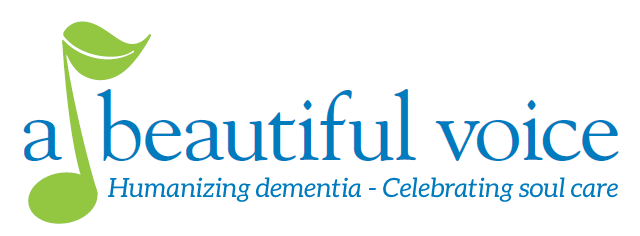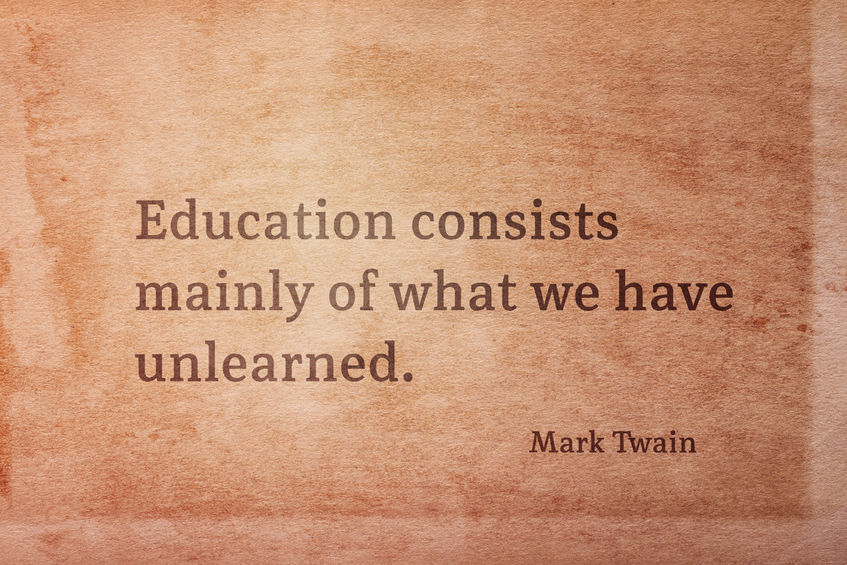During the September observance of “Dementia Awareness Month 2020,” we again raise the question, “Why Study Alzheimer’s?” In this April 2016 post, republished with video in February 2020, Kyrie Carpenter challenged conventional views about “the war to eradicate Alzheimer’s disease” and questioned whether Alzheimer’s is a disease. The post below appeared on our physician blog in September 2016 as “Plaques, Tangles, and Changing Perspectives on Alzheimer’s.” Kyrie is a current Managing Editor for ChangingAging.org,
Kyrie raises critical questions: “Does it really make a difference if we see Alzheimer’s as a disease or a phenomenon?” … And: “How does this affect people currently experiencing it?”
She references The Nun Study, a longitudinal study on aging in which the findings suggest that we have no “clear cause-and-effect relationship between the tangles and Alzheimer’s.”
A disease or a phenomenon?
Her experience in bearing witness to elders in the later stages of Alzheimer’s includes the all-too-common reality of their exclusion from society. Their basic physical or custodial needs may be cared for, but their higher level needs – or soul care needs – are rarely, if ever, considered. They are frequently regarded as “bodily shells of a person that once was.”
Such was the experience of my mother during a 19-day nursing home stay. Even though I arrived to be with her mid-day for several hours each day, her daily care included only her meals, personal care, two baths in the first 11 days, and “surveillance.” By the 14th day, I was informed she could no longer swallow and had stopped eating.
Alzheimer’s the phenomenon
Upon reading Kyrie’s article, I wrote in the margin beside her description, “Yes – precisely!” I had come to similar conclusions in the early days of being together with Mother following her diagnosis. In late 1998, it was – for me – about a shift of “mindset” from conventional thinking about Alzheimer’s…
So to find our mother receiving the most minimal care in a highly-regarded facility over a decade later (2010) was totally disheartening.
With Kyrie’s blessing in 2016, we had published her well-articulated statement on our physician blog:
“Alzheimer’s the phenomenon is difficult to understand and, accordingly, something to be observed and studied. When something is observed and studied, this offers a purpose, something to be learned. This perspective offers a reciprocally beneficial relationship for those experiencing the phenomenon and those that care about them. They can learn from each other and the phenomenon, which in turn increases the quality of life for all. Suddenly, Alzheimer’s and the person experiencing it are no longer pathological, rather they are interesting and valuable. We can continue to value the person who experiences Alzheimer’s the phenomenon, and their caregivers, as productive members of our society from whom we can learn and grow.”
Kyrie describes a needed shift in our cultural perspective which could change the whole care environment for the one living with dementia.
“Suddenly, Alzheimer’s and the person experiencing it are no longer pathological, rather they are interesting and valuable.”
New perspectives matter. New words matter. New partnerships matter.
Please find Kyrie’s article in full with video here and see the extensive collection of resources on Kyrie’s website!
Author: Susan Troyer





Leave A Comment